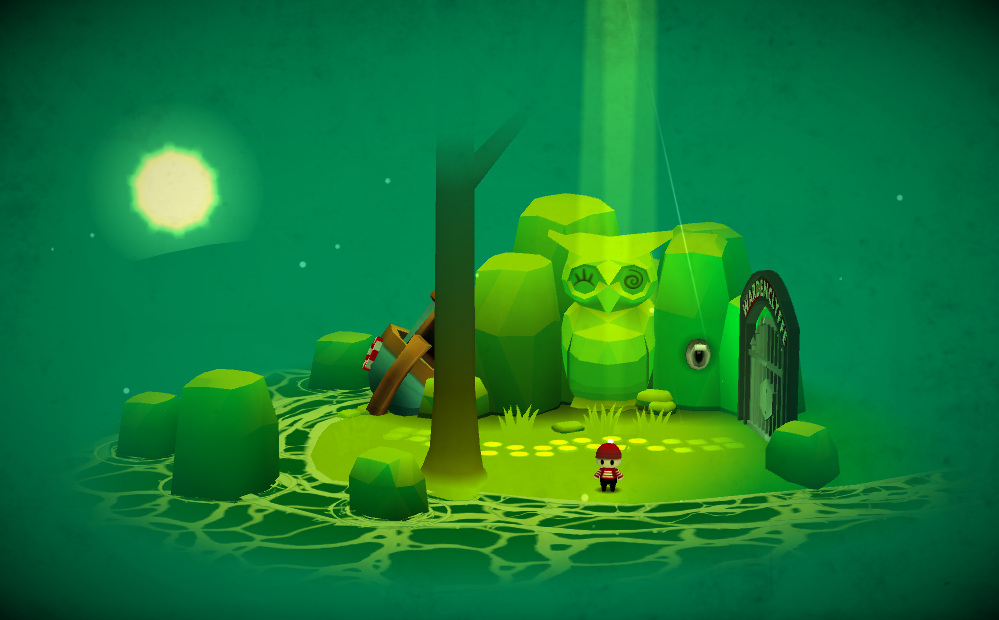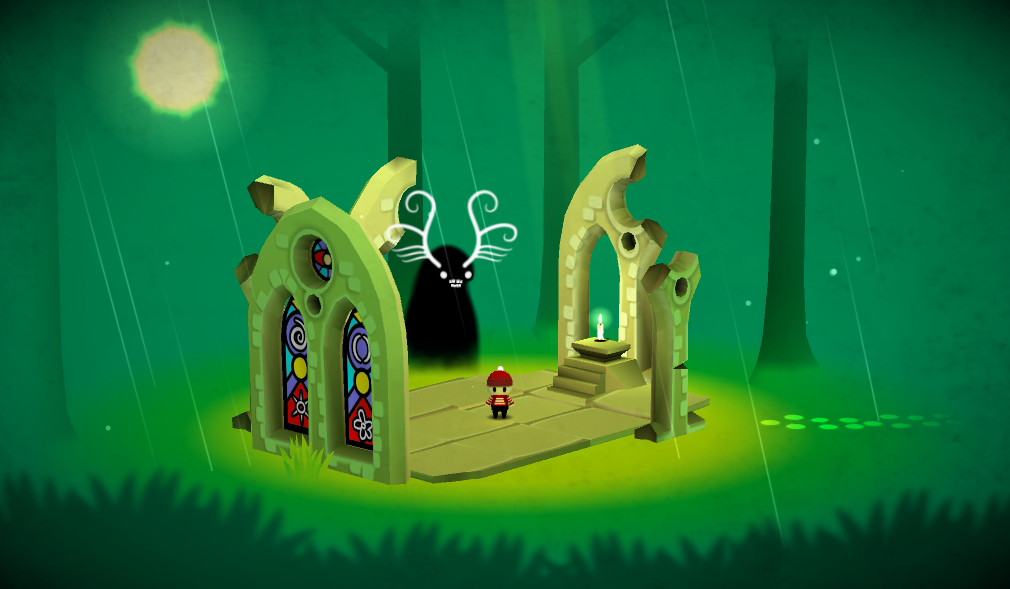Speaking in PublicAnyone who knows me knows how I feel about public-speaking. While I am a reasonable practitioner, the level of discomfort and self-doubt it elicits rather stifles any benefits the exercise might produce. So, by and large, I don't do it. Nevertheless, I was asked to speak at this year's GDC, and after attempting to offer a witty diatribe on my own particular hobby-horse (how to revivify magic in games) and receiving some raised eyebrows, a certain GDC spokesperson convinced me this was far too esoteric a subject for someone who has been in the industry for so long, and has yet spoken so rarely about any aspect of it. Thus, on Tuesday 28th of February, I shall be giving this lecture in room 2009, at 1:20pm: schedule.gdconf.com/session/from-indie-to-fable-back-again-30-years-of-wisdom I'll be doing it in public. Where there are cameras. May the Goddess be kind and save me from both an untimely embolism and renal failure, live on stage. Imposter Syndrome vs. Dunning KrugerPeople familiar with Impostor Syndrome are familiar with its general effect: the feeling that somehow, somewhere, someone is is going to point out and correctly identify you as a phony, because they suddenly realize (quite accurately) of course, that you're not an embodiment of physical or intellectual perfection. Dunning-Kruger on the other hand is that strange over-confidence granted to the terminally ignorant - those so ignorant that they have no concept of quite how high their ignorance is on the ignorance scale (which runs from 'Trump' at the highest to 'Hitchens'). How do you work out where to sit on this continuum? At one end, you risk crippling inactivity. On the other, unwarranted braggadocio. And of course, neither is truth, and even if it were, it would be a mutable truth, constantly in flux and flow. I think accepting this muddiness is ultimately the most useful thing to do. Or to ignore it. That works, too. Either way, I think it's best to understand that one is imperfect, and to simultaneously go out into the world and do something that at the very least least allows time to note your passing. Wardenclyffe (formerly BeMuse)BeMuse is no more. Long Live Wardenclyffe! Same project, though. As ever - I'm regretting ever making this a 3D game. While it does wonders for the visuals (sometimes) and grants me the opportunity for a novel control interface (you can rotate any scene 360 degrees), it also makes things many times more difficult. The good news is that I now have the Book mechanism in the game, several demons, rituals work, and so on. The bad news is that I'm not happy with the general 'adventure' flow, and need to go back and revise several elements. Making an adventure game (open room, use the 'Quigar' on the 'Woozle', open new room, repeat) is not really natural to me. Adventure GamesWhen I began this game, the intention was to make it 'a pleasant walk', like Proteus, with an open world, seemingly nothing to do, and many secrets learned while you ambled around.
The problem this poses is that it sets the primary action for the game as 'do nothing'. It turns out I'm not very good at this, as it shifts the game into a 100% experiential mode which makes me deeply uncomfortable. It's also very boring for those who don't 'get' what you're trying to do. As a result, the game has grown increasingly 'Adventurey'... which solves certain problems while causing others. Adventure games avoid 'Death By Meandering Boredom' by gating sections. This provides a tension ('how do I get that wheel to turn?') and resolution ('use the oil to remove all rust... unlike real oil'), which is relatively satisfying, but frequently errs into absurdity ('how come I can't use the tire iron to open this door, but I can use a piece of broken pipe' and 'why did that item disappear from my inventory... oh, I guess I never need it again'). Items in Wardenclyffe don't have that weird impermanence. They are multi-functioning, and remain in your inventory unless you use or burn them or Demons do something nasty. If they are lost, they are all re-fillable in some way or other. Ultimately, though, an 'adventure' game is all about gating flow, and so more of Wardenclyffe's island content is gated than I had originally intended. This works to some extent (a newcomer won't be wondering what the hell to do next, as they are corralled a little more than they were), but I feel that this direction suggests the game is more traditional than intended, and may confuse people ('Hey, what the hell is up with all this ritual magic weirdness? I just want to put oil on rusty wheels!'). Anyhow, I digress. I am currently re-jigging the adventure's order a little, and once that is clarified, I shall continue with my efforts to get this little horror out in a timely manner.
11 Comments
|
AuthorFluttermind’s director, Dene Carter, is a games industry veteran of over 25 years, and co-founder of Big Blue Box Studios, creators of the Fable franchise for the XBox and XBox 360. Archives
April 2022
Categories |



